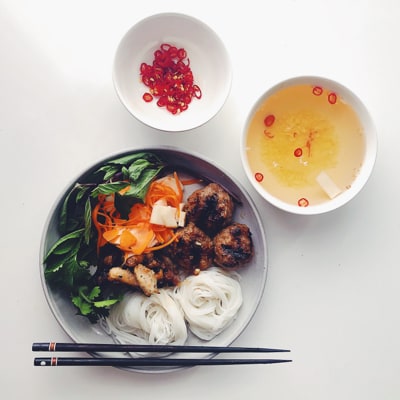
When it comes to saying goodbye to a loved one, traditions and beliefs play a central role. Cremation services are increasingly being chosen across the globe, but they are far from one-size-fits-all. Cultural and religious values often guide how cremation is carried out, what rituals are involved, and what is done with the remains. Understanding these diverse practices helps foster respect and empathy during emotionally sensitive times.
Whether you’re planning ahead or supporting someone through loss, knowing how different beliefs approach cremation can be deeply meaningful.
What cultures accept or reject cremation services?
Beliefs about cremation vary widely across cultures and faiths. For example, Hinduism embraces cremation as a core part of its spiritual beliefs. In Hindu tradition, cremating the body allows the soul to move on to its next life, and rituals are performed to honour the departed and help their transition.
In contrast, Islam generally prohibits cremation. The faith emphasises burial as a mark of respect to the body, which is considered sacred. Traditional Islamic funerals follow specific rites, including washing and shrouding the body, followed by burial within a day.
Christianity offers a mix of views. While some denominations, like Catholicism, once discouraged cremation, most now allow it with certain conditions. Protestant groups are generally accepting of it, though burial remains common.
In Buddhism, cremation is widely practised, often accompanied by peaceful ceremonies and chants. The approach is usually simple, with a focus on the impermanence of life.
Other cultures, such as many Indigenous communities, have unique perspectives and rituals based on land, spirit, and ancestry. Some may prefer burial over cremation, while others incorporate both, depending on the individual’s wishes and tribal customs.
How do cremation rituals differ between religions?
Rituals surrounding cremation are often just as important as the act itself. In Hindu traditions, for example, family members—especially the eldest son—light the funeral pyre. Ashes are usually scattered in a sacred river, such as the Ganges, to bless the departed soul.
Buddhist ceremonies are quiet and meditative, sometimes held over several days. Monks may chant, and the focus is often on guiding the soul towards rebirth and enlightenment.
For Christians who opt for cremation, a memorial or funeral service typically takes place either before or after the cremation. The ashes might be kept in an urn, buried, or scattered in a meaningful place.
While Judaism traditionally prefers burial, some liberal communities now accept cremation. However, the rituals surrounding it tend to be more subdued, and scattering ashes is generally discouraged.
Each culture attaches meaning to post-cremation practices too. Whether it’s keeping ashes in a family home, scattering them in nature, or placing them in a columbarium, these choices are often shaped by belief and tradition.
Why is understanding cremation services important in a multicultural society?
In a multicultural society like Australia, understanding different cremation services ensures respect and dignity for people of all backgrounds. It also helps funeral professionals and families avoid unintended offence during a sensitive time.
Respecting diverse rituals shows compassion and inclusivity. If you’re attending a funeral from a different faith or background, being informed can help you show proper etiquette. For instance, understanding that certain attendees may not participate in viewing the body or that specific prayers must be recited can go a long way.
Moreover, multicultural awareness can help families make informed decisions. Mixed-belief households may choose elements from multiple traditions, blending personal, spiritual, and cultural preferences. Flexibility and understanding are essential.
Conclusion: Why should you consider cultural practices when exploring cremation services?
Choosing the right farewell involves more than practical steps—it’s also about honouring belief, tradition, and values. Learning how various cultures handle cremation services helps ensure that every goodbye is handled with sensitivity and care.
As communities grow more diverse, being aware of these differences brings us closer in understanding. Whether planning your own farewell or helping a loved one, respecting cultural customs offers comfort and meaning during life’s most delicate moments.






